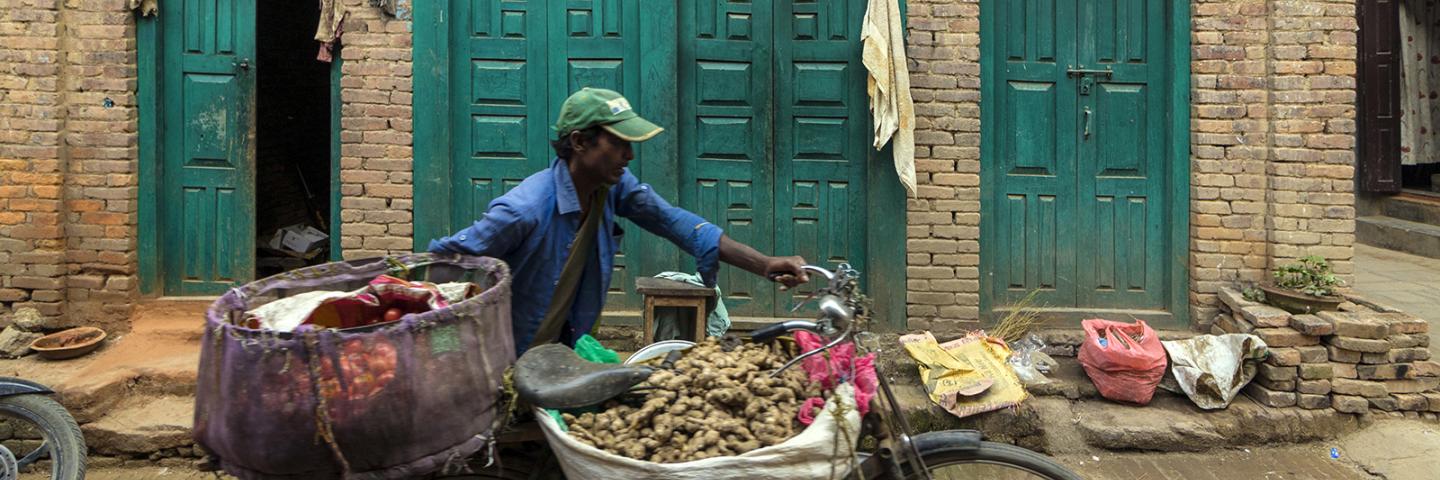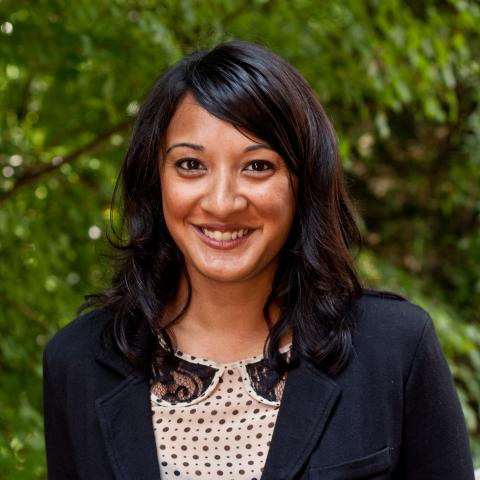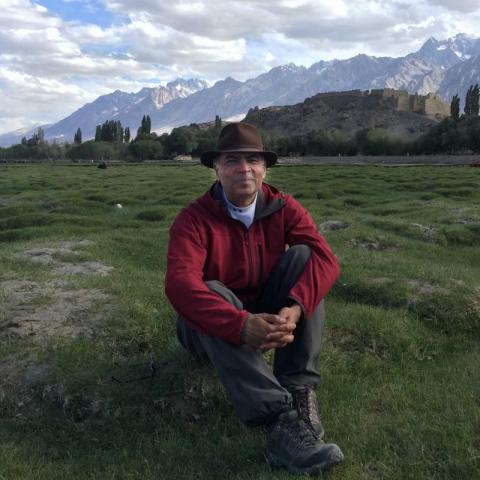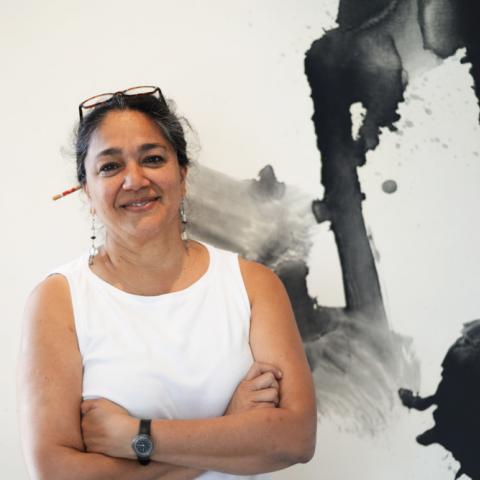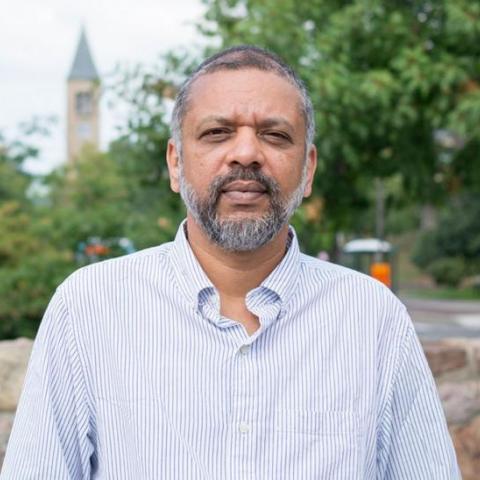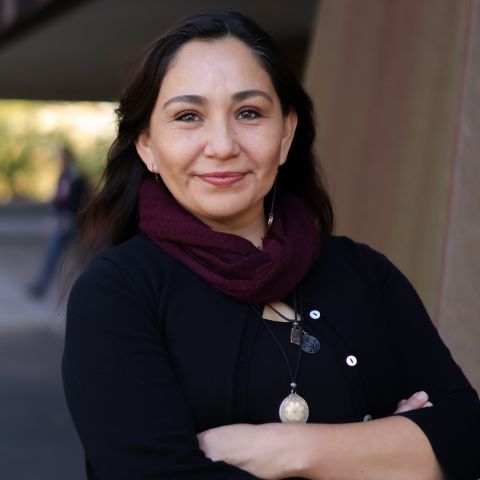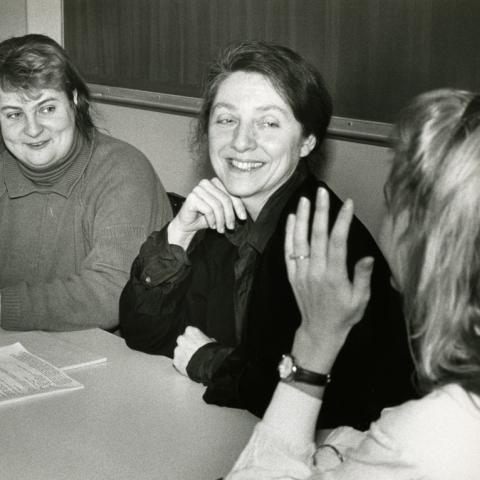People
Faculty
SAP has more than 50 core and affiliated faculty from across Cornell’s colleges and schools, working in the humanities, social sciences, and natural sciences. SAP faculty and language instructors offer classes in Bengali, Hindi, Nepali, Pali, Persian, Punjabi, Sanskrit, Sinhala, Tamil, Tibetan, and Urdu.
Steering Committee
The SAP steering committee provides internal faculty leadership from SAP's core faculty, collaborating with the director to set goals and priorities for SAP and to develop innovative programming and curricula related to South Asia.
Advisory Council
The SAP advisory council is composed largely of persons based outside Cornell. With the aim of making our governance structure more global, the advisory council ensures that SAP fulfills its intellectual and educational mission in a rapidly changing international context.
Visiting Scholars
SAP hosts visiting scholars from South Asia and elsewhere, including Fulbright fellows, our own South Asian Studies fellows, and other scholars, writers, and artists, who collaborate with Cornell faculty and students on South Asia Program activities.
Graduate Students
Students who minor in South Asian Studies work across Cornell's colleges and schools, in more than two dozen disciplines.
FLAS Fellows
SAP awards Foreign Language and Area Studies (FLAS) Fellowships to outstanding students pursuing South Asian language and area studies. The U.S. Department of Education allocates these highly competitive four-year grants to SAP in recognition of our world-class language and area study program.
Staff
SAP staff have years of combined experience working in international studies, and they play an active role in enhancing the world's knowledge about South Asia.
Sabrina Karim is an assistant professor in the department of government and the Hardis Family Assistant Professor for Teaching Excellence. Her research focuses on conflict and peace processes, particularly state building in the aftermath of civil war.

